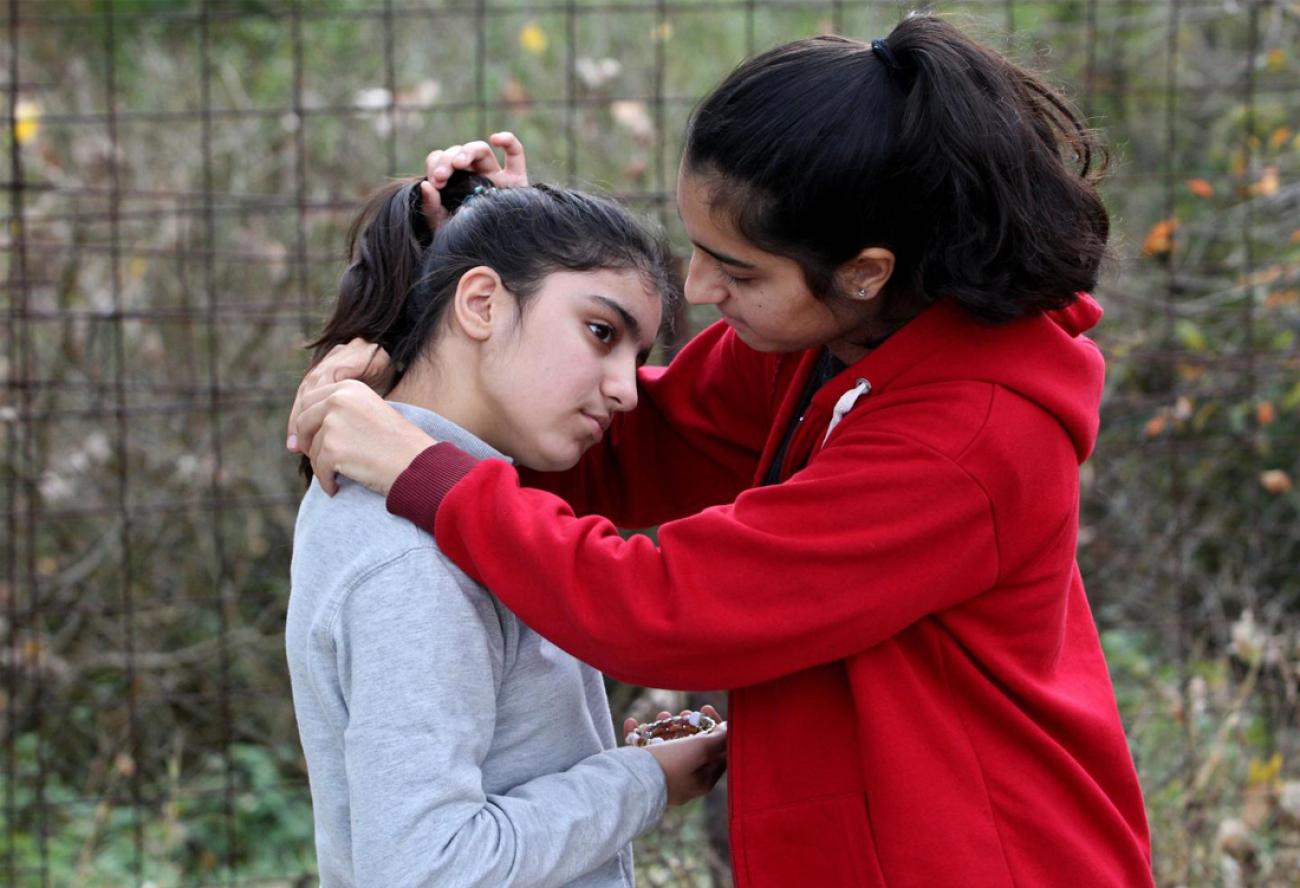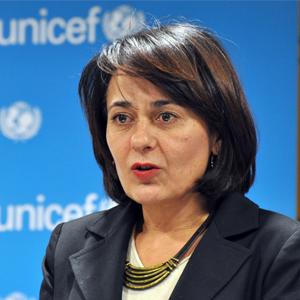Thirteen-year-old Sara and two years older Spozhmai are sisters from Kunduz. They left their hometown in Afghanistan three years ago when they started a long journey with their parents into the uncertain. Staying in their hometown was far more dangerous.
“It was dangerous to live there,” says the older sister Spozhmai.
“We used to think only about getting to a better and safer place to live.”
The journey was not easy. They both recall the cold, hunger and thirst.
Listening to her, Sara adds: “We had to take just the most essential for the journey.”
When they talked to their parents about whether they could take their toys and books with them, the answer was no – there was room only for warm clothes and food, which, as turned out later, was always scarce.
They both remember their home in Afghanistan. The younger Sara lists the toys she had: “We had four teddy bears and several Barbies. What I miss the most now are those little dolls, the Barbies.”
The older sister Spozhmai, however, misses her books more, while both of them equally miss their friends and their grandma and grandpa who stayed in Afghanistan.
The two of them currently live with their family in the asylum centre in Serbia's capital Belgrade.
They say that they have made friends here as well, but that they live in constant uncertainty because they do not know whether they will be granted the asylum in one of the European countries. If they do not, their family could be sent back to Afghanistan.
“It’s difficult when you don’t know what to expect, when you live in anticipation. This sometimes makes me feel very sad and confused”, Spozhmai tries to describe her feelings.
They both have small bundles on them which they managed to put into the luggage they have brought from Afghanistan. Amber jewellery is in both of them.
“My cousin Tamina bought this necklace for me,” explains Sara while proudly and somewhat dolefully picks up the beige necklace wide enough to fit on a girl's neck.
“I always keep it with me. Sometimes, when I was hungry or scared, I would take it in my hands and I would instantly feel better.”
The older sister Spozhmai has several bracelets that she does not wear but that always keeps with her.
“I got them for my twelfth birthday from my brother,” says Spozhmai.
“When I am sad or confused, I reach for them and think about the past. Sometimes this calms me. Sometimes it does not.”
She is calmed by the thought that her family is getting closer to reaching their goal.
She is calmed because she can already attend school without the risk of someone hurting her for it and that her parents may soon find a job which will help e them live in their own apartment and not in the asylum centre.
Until then, both of them will have more difficult moments, and that both of them will reach for their amber memories many more times.





